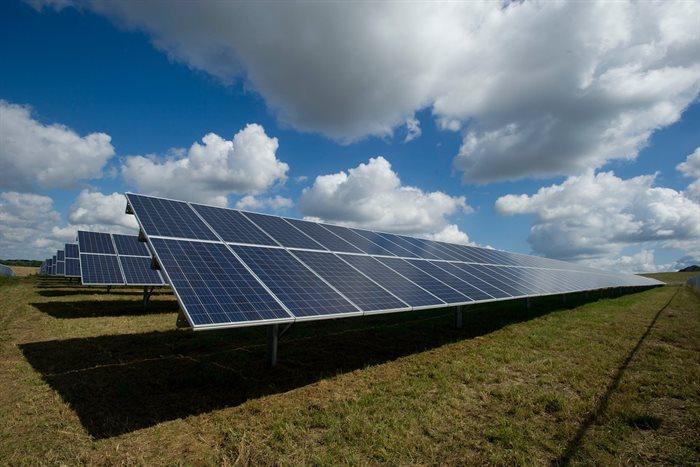
Top stories






More news















Jan Fourie, general manager at renewable energy firm Scatec, sheds light on what these changes mean for the power sector, the economy and the nation as a whole: “These amendments to legislation are a natural and logical extension to Eskom’s unbundling and deregulation strategy,” he explains, “and will potentially open up whole new markets for power generation and trading.”
Whereas onerous licensing requirements have inhibited widespread uptake of independently generated power (and, by extension, renewable energy) until now, experts now foresee myriad knock-on benefits arising from this significant policy revision.
The lessened administrative burden will attract more investment into the sector; new large private power plants mean greater energy security and alleviation of load shedding; and the prospect of continuous vibrant economic activity in an industry traditionally staggered by the timing of government plans and bidding schedules could herald smooth growth and substantial job creation.
“The amendments will now allow privately generated power to be transmitted across the national grid to company facilities in a willing-buyer willing-seller model, known as ‘wheeling’. This will also facilitate power transmission from sites with good wind and solar resource to businesses whose locations are not conducive to cost competitive renewable energy production. Larger plants could potentially sell energy to several separate customers based on their electricity needs. Independently produced power therefore builds companies’ resilience by guarding against load shedding and allowing them to predict their operating costs and thereby plan more effectively,” Fourie says.
This model is a common practice globally, but while SA’s grid code allows for it, wheeling has so far only happened on a small scale, for example at the Bio2Watt biomass plant which supplies power to BMW’s Rosslyn plant.
“Unlike in other markets abroad, where an IPP’s excess capacity can be sold back into the national grid, here the onus to find a power purchaser will rest with the IPPs,” Fourie clarifies.
He explains that the threshold increase will also stimulate an entirely new market for power trading in which actors will position themselves as brokers, linking private generators with customers, as we’ve seen happening in places like Europe.
The SA connection management interface (C&I) space, which is already thriving on a small scale, can now look forward to the prevalence of much larger deals. While the infrastructure for it is already in place in SA, the regulatory frameworks for wheeling are still being set into law.
“Energy firms like Scatec are eager to study the exact phrasing of these new amendments to the Act before making any assumptions,” he says.
He notes that the increased threshold will result in jobs and skills and in investment into renewable energy in the country, allowing large utility-scale plants to be developed for private-sector use.
“These will tend to be ‘bricks-and-mortar investments, which is great for SA as they’ll bring in wealth in the form of infrastructure which remains in the country,” he concludes.